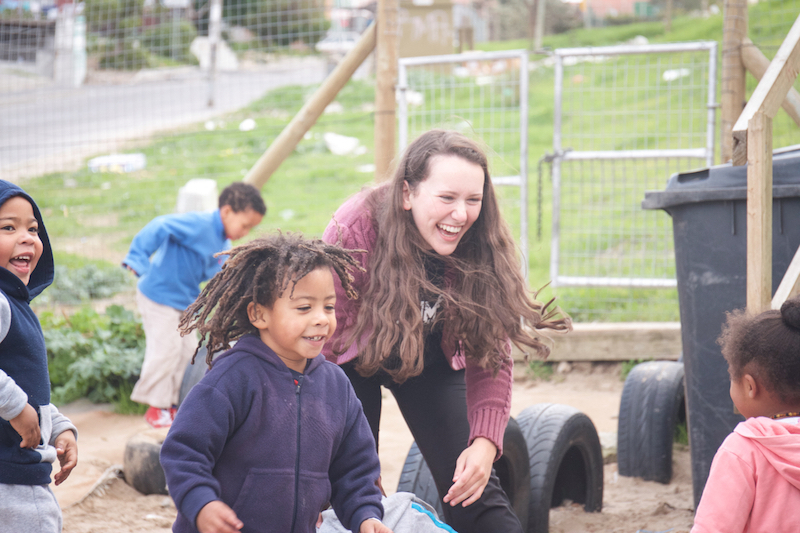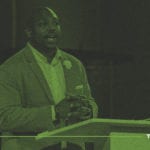Jason Williams is founder and executive director of the Aspire Movement, an inner-city mentoring program that matches elementary-aged at-risk urban students with godly men and women to walk alongside them in mutually transforming relationships. Jason holds a BS in education from Birmingham=Southern College and an MDiv from Birmingham Theological Seminary.
How would you describe your work?
Life transforming, bridge building, and advocating for the fatherless. We are a faith-based ministry that promotes holistic discipleship. We don’t want our kids to simply overcome the odds; we want to change the odds. Mentoring is our avenue to do that. ASPIRE currently has 135 mentor-student relationships in nine different schools across Birmingham. Each day I cast vision to my staff and network, and I fundraise to ensure the success of our students and their mentors.
As an image-bearer of God, how does your work reflect some aspect of God’s work?

The imago dei and its practical realities run throughout our ministry. We seek to reflect the character of God by advocating for and serving the fatherless. Our mentors are image-bearers of God who bring his glory, love, and justice into situations where young people have been marginalized and cast aside. Though the imago dei hasn’t been vanquished, it has been vandalized. By seeing these young people as image-bearers themselves, ASPIRE mentors remove the paternalism that says, “We’re here to ‘save’ this at-risk child.”
How does your work give you a unique vantage point into the brokenness of the world?
Brokenness in under-resourced communities is visible. It’s easy to see systemic injustice and generational poverty when you are—or know someone who is—in that situation. But from where I sit, mentors can be broken too. They can have great wealth and think they don’t have any issues. So to me there are two broken and at-risk groups—urban youth and the church, who are at risk of living insignificant lives.
Jesus commands us to love our neighbors as ourselves. How does your work function as an opportunity to love and serve others?
This is precisely why we exist. Because many live in these isolated and insulated communities, we need external opportunities to love our neighbors. ASPIRE doesn’t have a corner on the solution to all urban problems, nor do we possess the only instrument to fix these issues. We need the church, job opportunities, transportation, and advocates for our students. One of the ways our mentors love their neighbor is by telling a fatherless child they have worth and value in the context of a loving relationship.
Editors’ note: TGCvocations is a weekly column that asks pracitioners how they integrate their faith and their work. Interviews are edited and condensed.
Is there enough evidence for us to believe the Gospels?
 In an age of faith deconstruction and skepticism about the Bible’s authority, it’s common to hear claims that the Gospels are unreliable propaganda. And if the Gospels are shown to be historically unreliable, the whole foundation of Christianity begins to crumble.
In an age of faith deconstruction and skepticism about the Bible’s authority, it’s common to hear claims that the Gospels are unreliable propaganda. And if the Gospels are shown to be historically unreliable, the whole foundation of Christianity begins to crumble.But the Gospels are historically reliable. And the evidence for this is vast.
To learn about the evidence for the historical reliability of the four Gospels, click below to access a FREE eBook of Can We Trust the Gospels? written by New Testament scholar Peter J. Williams.




































